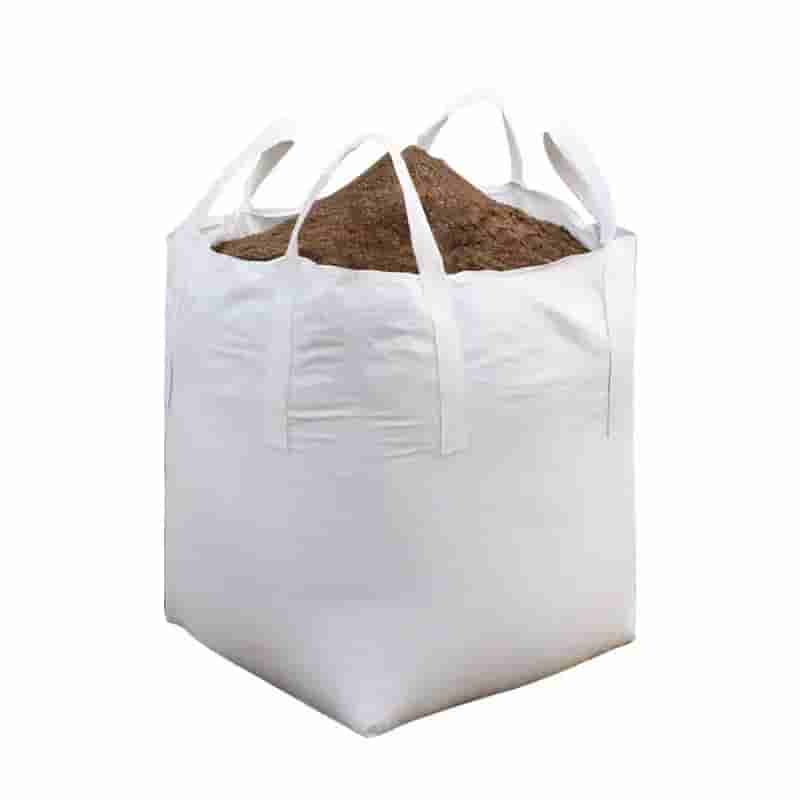-
 Afrikaans
Afrikaans -
 Albanian
Albanian -
 Amharic
Amharic -
 Arabic
Arabic -
 Armenian
Armenian -
 Azerbaijani
Azerbaijani -
 Basque
Basque -
 Belarusian
Belarusian -
 Bengali
Bengali -
 Bosnian
Bosnian -
 Bulgarian
Bulgarian -
 Catalan
Catalan -
 Cebuano
Cebuano -
 China
China -
 Corsican
Corsican -
 Croatian
Croatian -
 Czech
Czech -
 Danish
Danish -
 Dutch
Dutch -
 English
English -
 Esperanto
Esperanto -
 Estonian
Estonian -
 Finnish
Finnish -
 French
French -
 Frisian
Frisian -
 Galician
Galician -
 Georgian
Georgian -
 German
German -
 Greek
Greek -
 Gujarati
Gujarati -
 Haitian Creole
Haitian Creole -
 hausa
hausa -
 hawaiian
hawaiian -
 Hebrew
Hebrew -
 Hindi
Hindi -
 Miao
Miao -
 Hungarian
Hungarian -
 Icelandic
Icelandic -
 igbo
igbo -
 Indonesian
Indonesian -
 irish
irish -
 Italian
Italian -
 Japanese
Japanese -
 Javanese
Javanese -
 Kannada
Kannada -
 kazakh
kazakh -
 Khmer
Khmer -
 Rwandese
Rwandese -
 Korean
Korean -
 Kurdish
Kurdish -
 Kyrgyz
Kyrgyz -
 Lao
Lao -
 Latin
Latin -
 Latvian
Latvian -
 Lithuanian
Lithuanian -
 Luxembourgish
Luxembourgish -
 Macedonian
Macedonian -
 Malgashi
Malgashi -
 Malay
Malay -
 Malayalam
Malayalam -
 Maltese
Maltese -
 Maori
Maori -
 Marathi
Marathi -
 Mongolian
Mongolian -
 Myanmar
Myanmar -
 Nepali
Nepali -
 Norwegian
Norwegian -
 Norwegian
Norwegian -
 Occitan
Occitan -
 Pashto
Pashto -
 Persian
Persian -
 Polish
Polish -
 Portuguese
Portuguese -
 Punjabi
Punjabi -
 Romanian
Romanian -
 Russian
Russian -
 Samoan
Samoan -
 Scottish Gaelic
Scottish Gaelic -
 Serbian
Serbian -
 Sesotho
Sesotho -
 Shona
Shona -
 Sindhi
Sindhi -
 Sinhala
Sinhala -
 Slovak
Slovak -
 Slovenian
Slovenian -
 Somali
Somali -
 Spanish
Spanish -
 Sundanese
Sundanese -
 Swahili
Swahili -
 Swedish
Swedish -
 Tagalog
Tagalog -
 Tajik
Tajik -
 Tamil
Tamil -
 Tatar
Tatar -
 Telugu
Telugu -
 Thai
Thai -
 Turkish
Turkish -
 Turkmen
Turkmen -
 Ukrainian
Ukrainian -
 Urdu
Urdu -
 Uighur
Uighur -
 Uzbek
Uzbek -
 Vietnamese
Vietnamese -
 Welsh
Welsh -
 Bantu
Bantu -
 Yiddish
Yiddish -
 Yoruba
Yoruba -
 Zulu
Zulu
Durable Welded Steel Wire Mesh for Construction and Industrial Applications
The Versatility and Strength of Welded Steel Wire Mesh
Welded steel wire mesh is an essential material used across various industries due to its remarkable strength, durability, and versatility. Manufactured from high-quality steel wires that are welded together at their intersections, this material offers numerous advantages that make it ideal for construction, industrial, and agricultural applications. Understanding these benefits can provide insights into why welded wire mesh remains a favored choice among professionals.
One of the primary advantages of welded steel wire mesh is its structural integrity. The welding process creates a grid that enhances the mesh's strength and resistance to deformation. This makes it an ideal option for reinforcing concrete structures, such as slabs, walls, and pavements. When embedded in concrete, welded wire mesh significantly improves the tensile strength of the concrete, helping to prevent cracking and extending the lifespan of the structure.
In addition to its strength, welded steel wire mesh boasts excellent durability. Steel is resistant to various environmental factors, including moisture, chemicals, and heavy loads. This resistance makes welded wire mesh a preferred choice in harsh conditions, such as those found in industrial settings, where it may be exposed to corrosive substances. Moreover, it is often hot-dipped galvanized or coated with other protective finishes to enhance its resistance to rust and degradation, further extending its service life.
welded steel wire mesh

Welded wire mesh is also incredibly versatile in its applications. It is used extensively in construction, especially for reinforcing concrete and masonry in residential, commercial, and infrastructure projects. Beyond construction, welded wire mesh finds considerable use in the manufacturing of fences, cages, and enclosures for agricultural and industrial purposes. In agriculture, it is a key material for creating animal pens, garden fencing, and orchard supports. Its ability to allow air and light to pass through while providing a physical barrier makes it ideal for these applications.
Additionally, welded steel wire mesh is lightweight, making it easier to handle and transport compared to traditional concrete reinforcements. This characteristic also simplifies the installation process, as workers can maneuver and position the mesh with minimal effort. In terms of cost-effectiveness, welded wire mesh offers a considerable return on investment. While the initial costs may be higher than other reinforcement methods, its long-term benefits—such as reduced maintenance and increased durability—make it a financially wise choice.
Furthermore, the customization options available with welded wire mesh make it suitable for a wide range of projects. The mesh can be produced in various wire diameters, spacing configurations, and sheet sizes to meet specific engineering requirements. This flexibility allows architects and engineers to design structures that align with both aesthetic and functional needs.
In conclusion, welded steel wire mesh stands out as a highly effective building material due to its strength, durability, versatility, and cost-effectiveness. As industries continue to evolve, the demand for reliable and efficient solutions in construction and manufacturing will undoubtedly sustain the use of welded wire mesh. Its ability to adapt to diverse applications while providing robust support ensures a lasting presence in modern construction practices around the world. Whether for reinforcing concrete, creating secure enclosures, or enhancing agricultural productivity, welded steel wire mesh offers unmatched performance and reliability.
-
The Sunshade Net Can Block Ultraviolet RaysNewsAug.11,2025
-
Main Application and Technology of Nylon ScreenNewsAug.11,2025
-
Green Anti UV Sunshade Net: The Perfect Combination of Ecological Friendliness and Practical PerformanceNewsAug.11,2025
-
Explore the Sunshade NetNewsAug.11,2025
-
Application and Development of Nylon Screen in Fuel Processing and TreatmentNewsAug.11,2025
-
Application and Advantages of Nylon Screen for AquacultureNewsAug.11,2025











